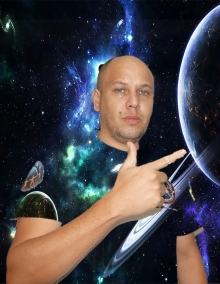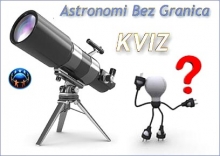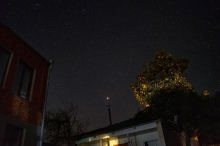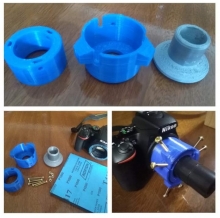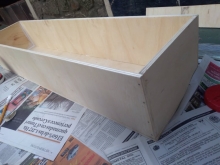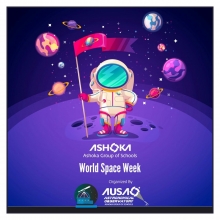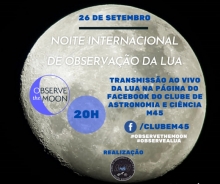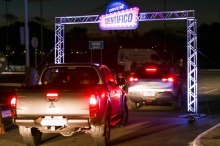Dr. Monica Young
As I walked across a college campus several years ago, I overheard the following conversation:
“What’s that bright star there?”
“That’s not a star, I think that might be Venus.”
“Naw, I thought Venus was pink!”
There are many misconceptions about astronomy, some of them easy to address (I caught up to the students and explained yes, that was indeed Venus, and no, Venus wasn’t pink), and others more ingrained in our worldview. Correcting astronomy misconceptions reveals the universe in a new light, and that’s what makes astronomy education as fun as it is important.
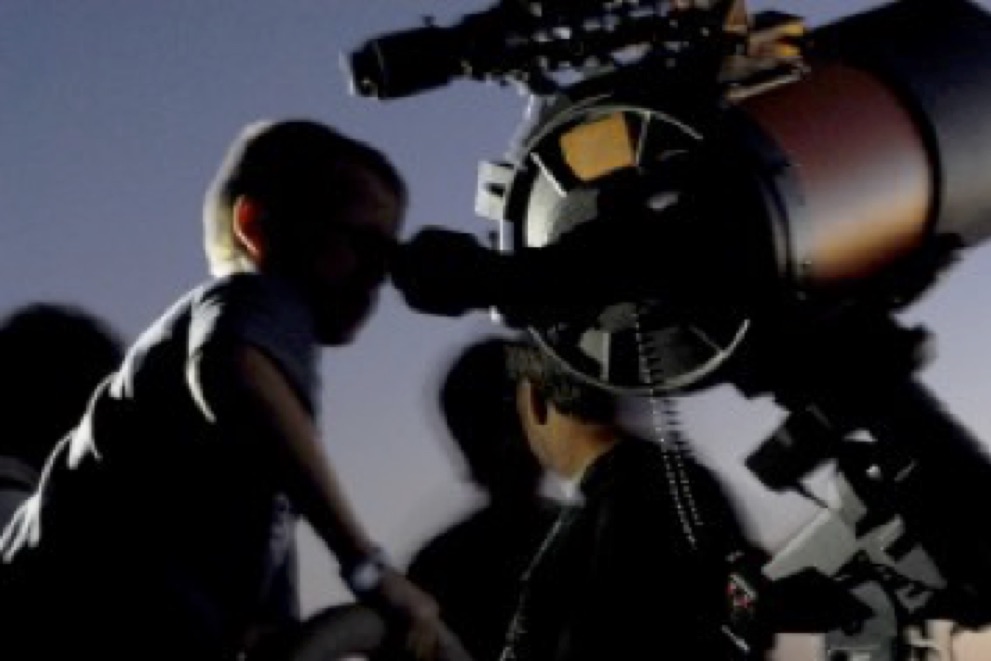
Since astronomy isn’t always a part of standard curricula, outreach may be just as, if not more important than what students learn in the classroom. Shaila Akhter has already written on this blog about the benefits of volunteering for astronomy outreach. As a postdoc at Penn State, an astronomy department that is really active in outreach, I too found myself teaching planetarium shows and leading kids’ activities at the annual AstroFest.
Fitting It All In
But now that I’ve entered the working world, and with two small children to boot, I’ve found volunteering with astronomy outreach programs more difficult to fit into my life. So I was super excited to learn that Sky & Telescope’s parent company, F+W, offers 8 hours of paid time off to pursue volunteer opportunities every year.
That might not sound like a lot, but it’s much more than most companies do. Still, company-sponsored volunteerism is growing — according to surveys issued by the Society for Human Resource Management, 15% of companies offered paid time off for volunteer work in 2009, a number that grew every year to 20% in 2013. (That number dropped down to 16% in 2014, but let’s hope that’s a temporary glitch.)
The benefits for companies are just as real as for the employees — company-sponsored volunteerism is shown to build company loyalty, boost morale, and strengthen teams. And in my case, the policy will allow me to participate in the local astronomy community.
Where Can I Volunteer?
Since F+W’s announcement of volunteer time off, I’ve been taking a look around for opportunities — now that I’m not in an active university department, I don’t have such easy access to outreach activities. But there are still so many ways to get involved:
- Science Museums and Planetariums – The Boston Museum of Science offers volunteer opportunities, but does require a significant time commitment: 4 to 6 months. Check out your local science museum and/or planetarium for volunteer positions.
- The Planetary Society – Regional offices coordinate volunteers for local outreach programs.
- International Dark Sky Association – Though they don’t have a formal program, they do offer volunteer programs if you contact them directly.
- WorldWide Telescope – This planetarium and astronomy visualization software was built with larger goals in mind. The associated Ambassadors program brings this astro-teaching tool to the classroom. The program is actively recruiting in the Boston area but also offers opportunities for anyone worldwide.
- National Parks – National parks offer some of the darkest skies for astronomy. Bryce Canyon National Park in Utah is one example of a park that’s actively calling for volunteers to share the night sky’s splendor with the general public.
- Colleges and Universities – Even if you aren’t a student or postdoc in a university department doesn’t mean you can’t get involved in astronomy outreach. See if your local college or university has an astronomy program and contact them to see if you can get involved.
- Sidewalk Astronomers – If you have a telescope, outreach is simple: just set up your telescope on a busy sidewalk one evening (public parks, outside of a bookstore, or on any busy street corner) and show what’s up in the night sky to anyone who’s interested.
This list is but a small sampling of the outreach activities that are available, both in the Boston area where I live and worldwide. Whether you participate as a student in an astronomy department, an office worker with a volunteer time off program, or just because you want to, astronomy outreach offers us an invaluable experience — the chance to reveal a little bit of the universe to someone who has never seen it before.
###
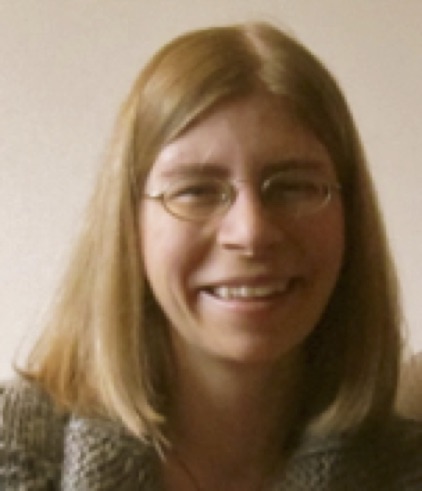
Dr. Monica Young earned her Ph.D. researching the behavior of supermassive black holes in distant galaxies. In 2012, she joined the talented team at Sky & Telescope, where as Web Editor, she edits, writes, and commissions web news stories and magazine feature articles.








